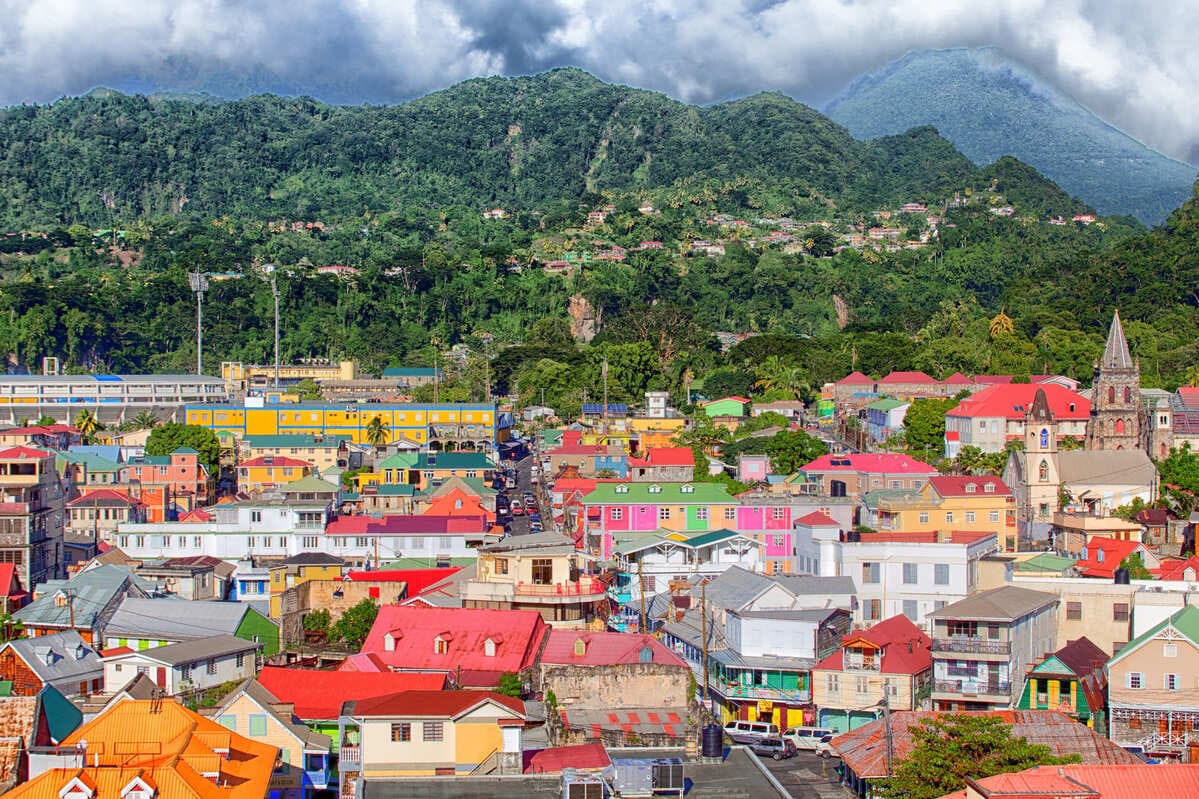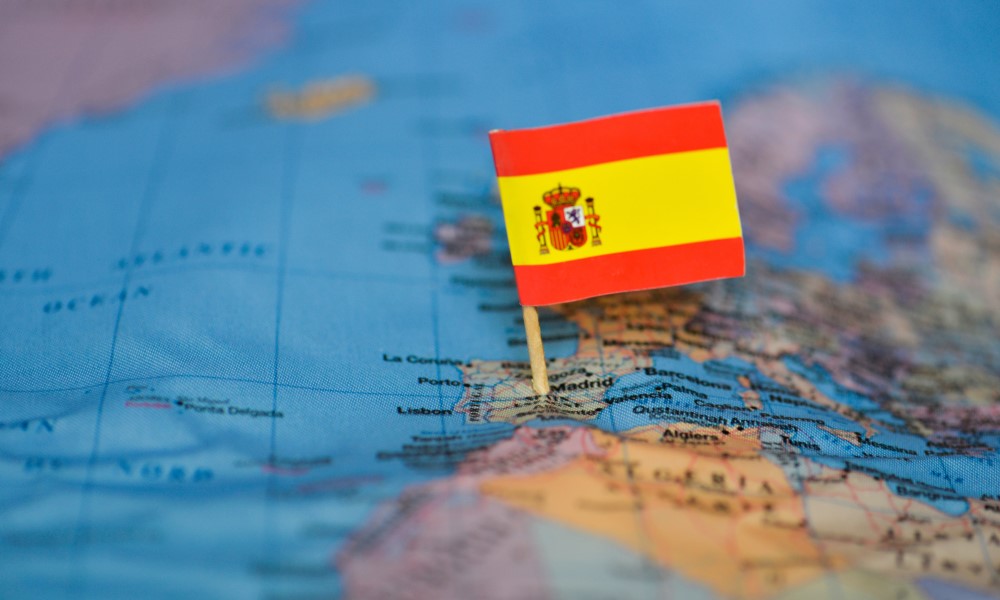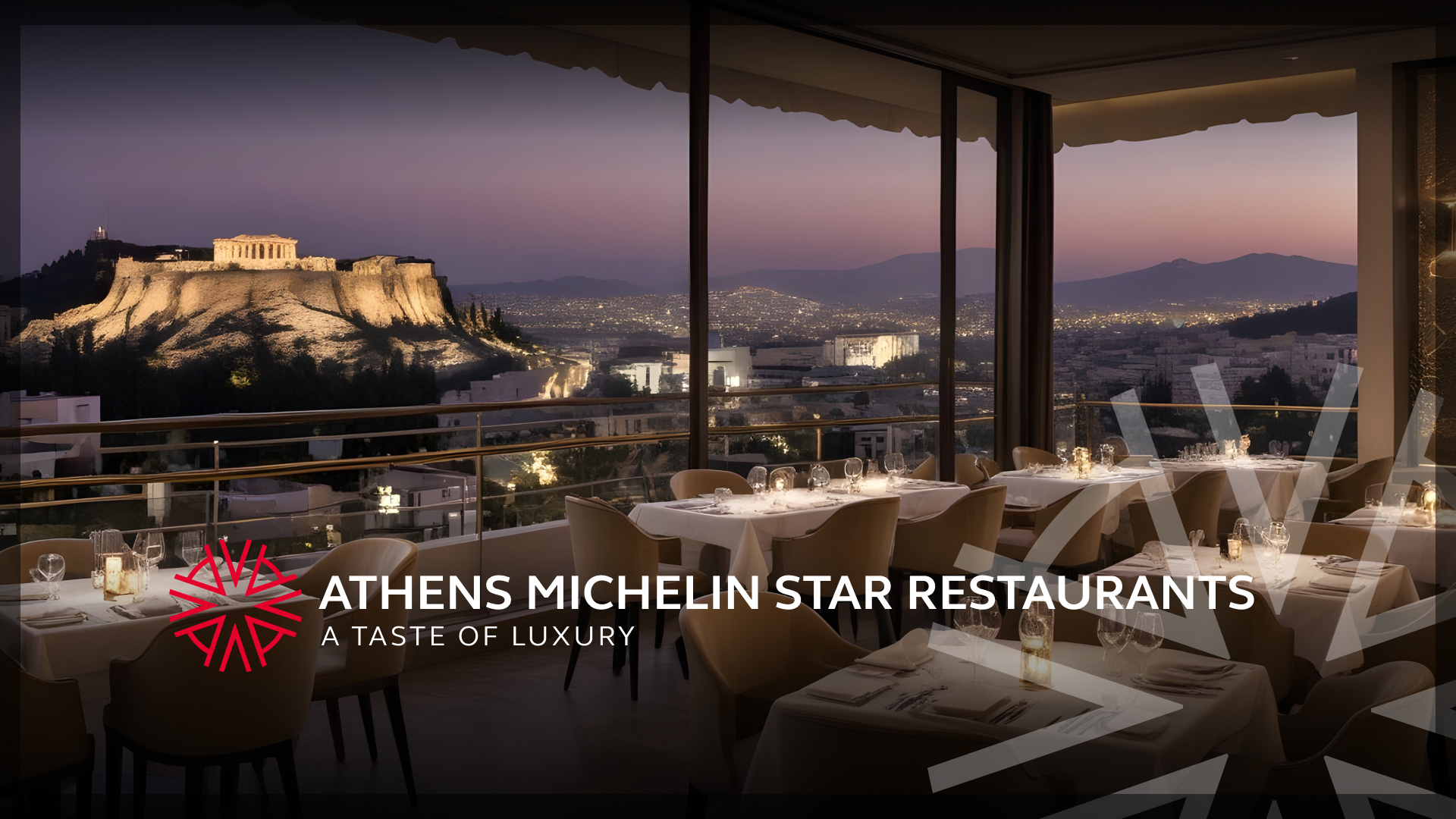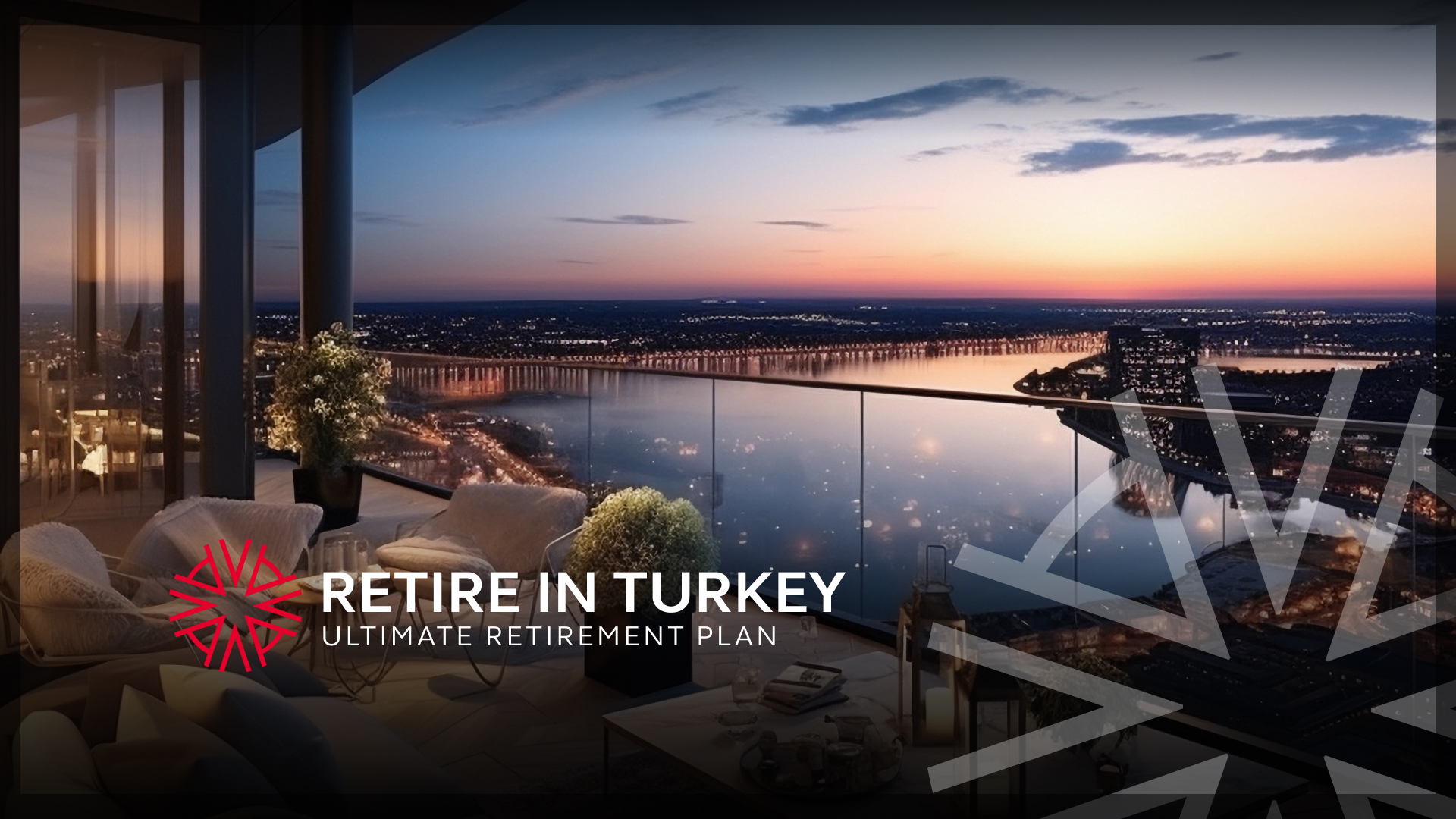Dominica is an island country of the Lesser Antilles situated in the eastern Caribbean Sea and is a tropical paradise home to numerous volcanoes, hot springs, and the soaring Morne Bruce mountains.
Not to be confused with the Dominican Republic, Dominica is part of the Commonwealth – its closest neighbours are Martinique and Guadeloupe. Dominica’s capital, Roseau, is a cultural hotspot renowned for its 18th-century Creole architecture and has a bustling population of nearly 15,000 inhabitants.
Dominica’s economy thrives off fishing, agriculture, tourism, and foreign investment.
Below we look at Dominica’s attractions, festivals, culture, and more, along with why this small, lush island is the perfect place to live.
And we’ll look at how the Dominica Citizenship by Investment program is a great option for anyone’s Plan B – whether you choose to relocate or not – and the benefits of a Caribbean passport.
Dominica’s attractions
Dominica is often known as the ‘Nature Island of the Caribbean’ and is home to numerous natural attractions, including waterfalls, like the Victoria Falls and the green waters of the Emerald Pool waterfall.
Dominica’s largest falls, the twin Trafalgar Falls, cascade into the Roseau River where tourists and locals alike dive from the rocks into the waters below and bathe in the hot springs at the foot of the mountain.
Dominica’s bays and beaches are great for water sports and swimming, as are its numerous lakes and geysers, including Boiling Lake – the second-largest hot lake in the world. The waters around Dominica are rich with turtles, crabs, and nearly 405 species of fish.
The island hosts numerous forest-clad mountains such as Morne Diablotins, the Caribbean’s highest mountain standing 1447m high. There are also several dormant as well as active volcanoes (though eruptions are rare) spanning the southern Morne Patates through to Morne Plat Pays and beyond.
Two-thirds of the island is woodlands and vegetation, including lush tropical rainforests with numerous rare plant species, animals, and birds: including bats, boas, possums, lizards, iguanas, the rare Whistler toad, and the striking imperial amazon – a parrot unique to Dominica.
Tourists and locals can enjoy hiking numerous trails through these areas, making memories to last a lifetime.
The capital city of Dominica, Roseau, has a botanical garden showcasing Dominica’s national tree and flower – the beautiful red Bwa Kwaib – as well as many other palms, tropical trees, lizard species, and wild birds: including green herons, hummingbirds, and butterflies.
Roseau’s central quarter has British colonial buildings dating from the 17th and 18th centuries embodying and illustrating Dominica’s long and tumultuous history.
The Old Market of Roseau is one of Dominica’s most alluring and vibrant attractions. Held on Saturdays, stalls are packed with beautiful, fresh, and colourful organic local produce, spices, and authentic handmade goods.
The Dominica Museum, built in 1810, and the original market of Roseau, houses exhibitions on the islands culture, history, and economy.
Dominican festivals and culture
Dominica has a vibrant eclectic cultural heritage influenced by African and European cultures as well as the Kalinago – Dominica’s indigenous people. The Kalinago currently inhabit a 3,700-acre territory on the east coast of the island. Most of the current population of Dominica is of African descent.
The country’s official language is English, but locals will often be heard speaking a local French-based Creole.
Dancing and music are an integral part of Dominica’s culture. The Carnival is a major highlight of the island, celebrated a week before Ash Wednesday and featuring dancing, music, and local pageants. The annual literary festival showcases local writers, Creole music, and documentary films.
Marine competitions and diving festivals are also popular on the island – Dive Fest is one of the Caribbean’s longest-running scuba diving festival and is held annually for nine days at the end of June into early July.
The cuisine in Dominica is rooted in Creole cooking offering a medley of mouth-watering fresh fruits, vegetables, and seafood straight from the shores. The national dish is called ‘Callaloo’ and is a soup of leafy vegetables, such as dasheen or spinach, mixed with seasonings, meat, and coconut milk. It is often eaten during the creole and carnival seasons.
Education
Dominica has 63 schools across the island, including 5 private schools. The education system is comprised of pre-primary, primary, secondary, and tertiary institutions. Education is free of charge in public schools from the ages of 5-16. There is also a specialist school for children who are hearing impaired as well as children who are developmentally delayed.
The All-Saints University of Canada opened a private medical school in Dominica, for both international and Dominica students. Dominica citizens receive scholarships covering 50% of their tuition fees whilst training to become a nurse or doctor.
There are three other universities on the island including the IUGS, Selinus University Business School, and St Joseph University. As Dominica is part of the Commonwealth, Dominica citizens are offered preferential terms at universities in the United Kingdom.
Travel and transportation
Dominica is easily accessible from Europe or America by either cruise ship or plane. There are direct flights from other Caribbean countries, the UK, US, and Canada. The villages and cities of Dominica are connected by a main road stretching the coastline, with dirt roads being common in the center of the island.
Dominica has numerous ports along the coast for mooring ships and yachts, as well as accessing repairs and purchasing fuel. Visitors can also clear customs there.
There are two international airports close to Roseau: Douglas-Charles and Cane Field, providing flights to and from the Caribbean, Europe, Asia, America, and neighbouring countries arriving there.
Populated points throughout the island are serviced by minibuses, with ticket prices starting at $1.30. Taxis are also available on the island, costing around $32 from Roseau to Douglas Charles airport. Ferries operate from Dominica to neighbouring Caribbean islands such as Marie-Galante, Guadeloupe and Martinique.
Cost of living and taxes in Dominica
Dominica’s cost of living is relatively low compared to the rest of the Caribbean islands, the UK, and the US. Cost of living is on average 6.76% lower than in the United States with rents around 71.25% lower.
A three-course meal for two in a mid-range restaurant will cost around $60, a cinema ticket costs around $9.25 and a 1-bedroom apartment in the city center costs around $332.30. Basic groceries such as fresh white bread cost around $1.93, with 1 litre of milk costing $5.
If an investor resides in Dominica for 183 days or more per year, they are considered a tax resident and will be subject to progressive income tax rates of 15-35% on all worldwide income. Non-residents only pay taxes on income earned in Dominica including wages, rental income, dividends, or self-employment.
The purchase of a yacht or car incurs a property tax fee; vehicle owners pay road and license fees of $200 annually, and the annual yacht fee is $352.
Dominica tax residents enjoy tax-free capital gains, and inheritance, as well as no taxes on dividends and royalties received abroad. There is also no property tax in Dominica on real estate with the exception of municipal tax – the average rate being 1.25% of the assessed property value in Roseau or Canefield.
Relocating to Dominica and the benefits of a Caribbean passport
The Dominica citizenship by investment program has been successfully operating since 1993 and remains a top Caribbean choice due to the strong demand for Dominica’s passports.
The Dominica passport provides visa-free travel to 145 countries, including the Schengen states, the European Union, Singapore, Hong Kong, and the United Kingdom.
A visa waiver agreement was recently decided between Dominica and China, meaning that Dominican citizens can stay in China visa-free for up to 30 days a year. Holders can also stay for 30 days in Singapore, 90 in Hong Kong, and 180 in the United Kingdom.
Dominica citizens are also eligible for a B-1/B-2 tourist visa to the United States that is valid for up to ten years and allows them to stay in the US for 180 days per year. It is suitable for visiting relatives, obtaining medical treatment, business travel, and holidays.
Holders of the Dominica passport can enter Dominica at any time, even when its borders are closed to everyone else.
As demonstrated during the global COVID crisis, Dominica’s accessibility to its citizens makes it one of the best Plan B / backup plans money can buy.
Citizenship is permanent and passport holders are not required to reside in the country.
How to obtain a Caribbean passport
To obtain a Caribbean passport, there are a number of programs to consider, but Dominica is one of the most attractive.
The country’s Citizenship by Investment program has two investment options:
- $100,000 non-refundable contribution to Dominica’s Economic Diversification Fund
- $200,000 to purchase a property in a state-approved resort complex
Close family members can also obtain a second passport, including children under the age of 18 or under the age of 30 if they study at a recognized higher education institution, as well as the investor’s parents and spouse.
Family members of current Dominica citizens can also obtain a Caribbean passport:
- If the Dominica citizen is a grandparent or parent, they will provide an original copy of their birth certificate along with the birth certificate of their relative.
- If the Dominica citizen is a spouse, the applicant needs to submit the marriage certificate.
Investors will be required to pay the state fees for Due Diligence and administration services. Total costs will depend on the composition and the age of the investor’s family members.
The program allows investors can obtain a Dominica passport by investing in real estate projects that have been approved by the government for participation in the citizenship program.
Properties are typically in hotel complexes, and investors either buy a share in the hotel, an apartment, or in a villa. The property must be kept for 3 years, however after 5 years of ownership, the investor can sell the property to a new investor in the citizenship by investment program. Investors may also rent out the property.
For further information or to discuss your personal circumstances in a private consultation, please contact Astons at [email protected].












